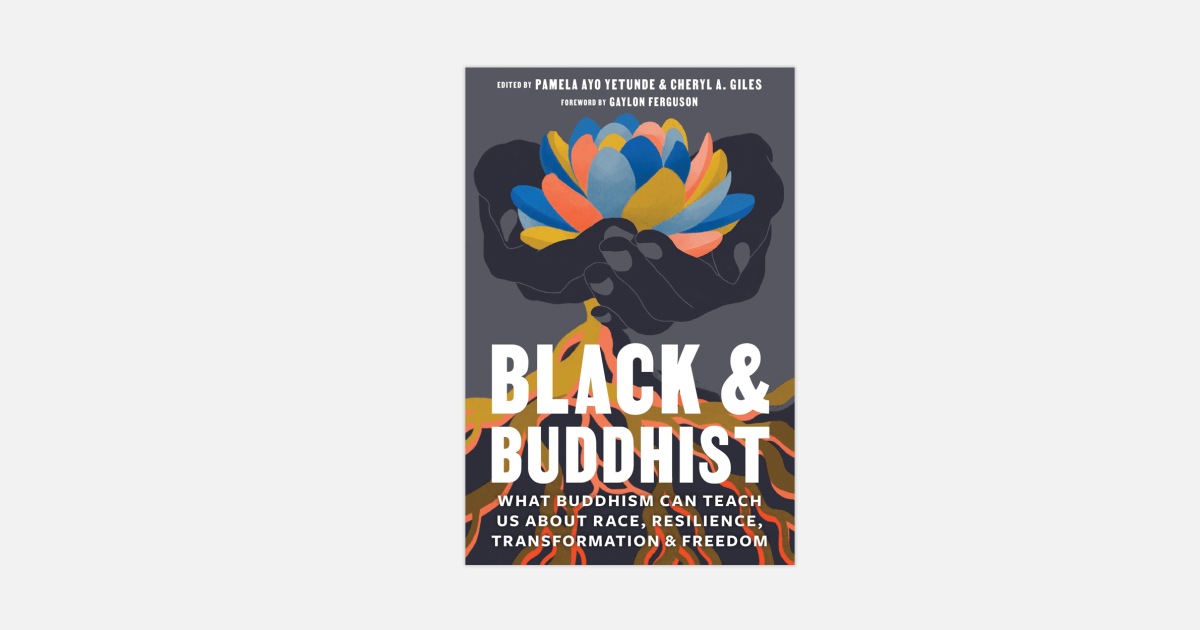I find the vast majority of Buddhism in the so-called West to be extremely white, middle class, able bodied and free of those who are neuro-diverse. This cannot be argued. I like that TL continues to try to be inclusive but in such an ongoing radical project change is going to be slow. We can do better. We can play catch-up. But it's hard to change and be inclusive when the lived experience of minorities are not being directly listened to. In the spirit of this post I came across this book and wondered if anyone has read it.
Gassho
Onka
ST
Gassho
Onka
ST




Comment